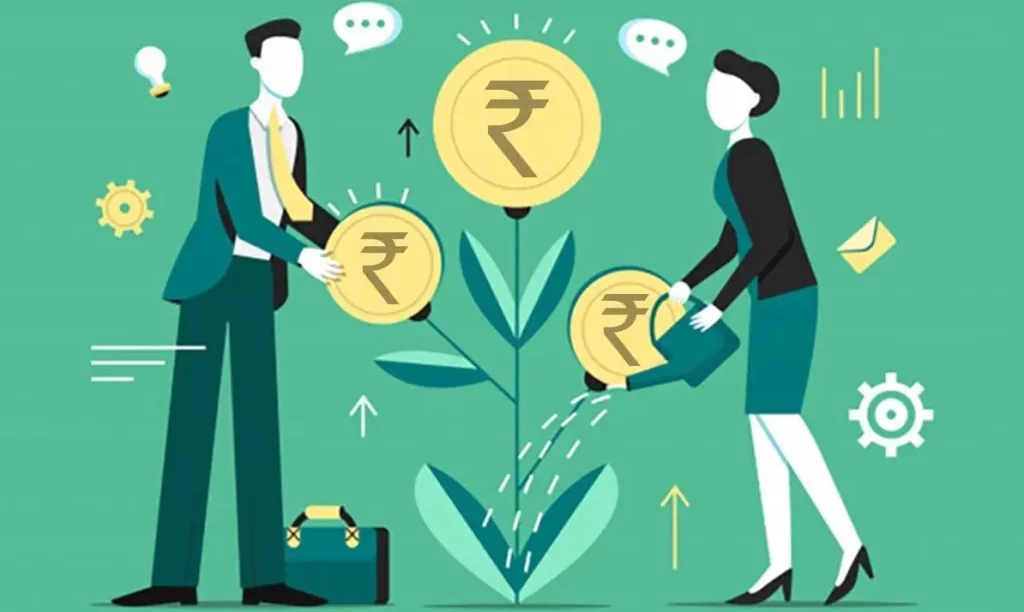The Impact of the Global Economy on Personal Finance

When looking at the impact of the global economy on personal finance, there are a few key areas to consider. These include Supply-chain disruptions, interest rate rises, and inflation.
Pandemic
A pandemic of global economic impact has created major challenges for all aspects of people’s lives. This has affected families, communities, businesses, and the global economy. Among the results of a study that examined financial changes related to the pandemic are insights into how savers can prepare for uncertain times.
The study focused on financial behavior among individuals in nine countries. It included questions on savings, how individuals had changed their financial habits, and whether they had experienced changes in their ability to meet essential needs.
During the initial surge of the pandemic, many households found themselves in financial turmoil. Households were not only unable to cover basic expenses, they were also having difficulty meeting their financial commitments.
More than half of Americans reported having significant financial problems during the coronavirus outbreak. Even those with stable employment found themselves struggling.
Those in the hospitality industry felt the greatest impact. Hotels, restaurants, and other businesses opened with low demand, causing a loss of revenue.
Inflation
Inflation affects all areas of the economy, including personal finance. Higher prices can make families poorer, and may erode real savings. There are several factors that can contribute to inflation, including supply and demand, as well as regulatory constraints, a shortage of materials, and geopolitical shocks.
When a company needs to raise wages or production costs, they may pass these increases onto consumers. Rising prices can also affect investment returns.
Consumers can get a good sense of the impact of inflation by looking at how different industries perform during inflationary periods. Some industries, such as gas stations and supermarkets, do particularly well.
Consumers may want to postpone any short-term savings goals during an inflationary period. If they do not have enough to cover their expenses, they may have to turn to loans or costly credit cards.
Another way to assess the impact of inflation is to look at the consumer price index (CPI). The CPI measures the changes in the prices of 80,000 goods and services.
Supply-chain disruptions
Supply-chain disruptions have affected global trade. Some of these are short-lived, while others can be long-term structural factors. These can have an impact on a wide range of industries, and some sectors can be harder hit than others.
In the last two years, supply-chain disruptions have increased worldwide. The influx of consumers pushed demand for physical goods, but many companies have struggled to meet the rising demand. That’s due in part to a shift in spending from services to consumer durables.
As a result of this, a wide variety of goods are in short supply. This has forced firms to reduce inventory and trim production.
The pandemic has highlighted the vulnerability of modern supply chains. It’s left the world short on a range of goods, including containers and container vessels, and a slew of other commodities. Ultimately, the resulting inflation could keep prices high for some time to come.
The global economy is beginning to recover. Despite the disruptions, some industries are poised to thrive, and others are facing a slowdown. Consumers are eager to spend again. However, the housing market and construction industry may slow down as well.
Rising interest rates
As the global economy continues to grow, interest rates are becoming a major concern. The effects of rising interest rates can be seen across the board, from the stock market to personal finances.
Rising interest rates will have an impact on many things, such as auto loans, student loans, credit cards, and business loans. However, the effect of higher interest rates on stocks can be particularly damaging.
If you are considering making a major investment, it’s a good idea to talk to a financial adviser before you make a decision. Not only will they be able to guide you, but they will also be able to help you accumulate your retirement savings.
Several banks have increased the annual percentage yields they offer to consumers. This is a good time to take advantage of higher savings rates, especially if you’re worried about a potential recession.
One way to deal with higher interest rates is to diversify your portfolio. Investing in fixed-income securities can provide lower risks, but they tend to offer less growth. Increasing your portfolio is the best way to ensure that you can continue to grow your wealth.








